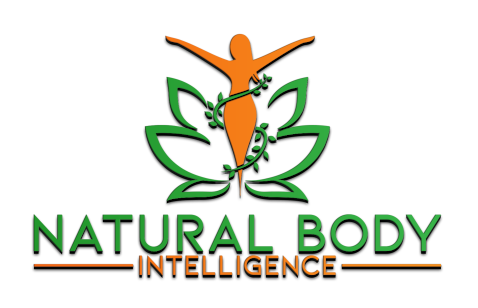In the vast landscape of the human body, an invisible world teeming with life exists within our gut. It is a bustling ecosystem, home to a staggering number of microbial cells that far outnumber the cells comprising our own bodies. Recent scientific research has revealed that there are approximately 10 times more microbial cells in the human gut than there are cells in the entire human body. This astounding fact highlights the importance of these tiny organisms and their profound impact on our overall health and well-being.
Within the confines of our gut, an estimated 100 trillion microbes thrive, forming a diverse community that consists of as many as 5,000 different species. These microbes come in a variety of forms, including bacteria, viruses, fungi, and other microorganisms. Collectively, they make up what is known as the gut microbiota, or microbiome.
The gut microbiome is a dynamic ecosystem, constantly evolving and adapting to various factors such as diet, lifestyle, and environmental influences. Its composition can vary significantly from person to person, influenced by genetics, early-life experiences, and the external environment. Each individual’s gut microbiome is unique, like a fingerprint, contributing to the complexity of human health.
The sheer number of microbial cells in the gut is astonishing, but equally remarkable is their combined weight. The microbiota residing within our intestines weigh approximately 2 kilograms, equivalent to a small melon. This weighty presence underscores the significance of these microbes and their profound impact on our digestive processes and overall physiological functions.
While the notion of hosting trillions of microorganisms may sound unsettling, it is important to recognize that the majority of these microbes play vital roles in maintaining our health. They form a symbiotic relationship with our bodies, aiding in digestion, producing essential vitamins, and supporting the development of a robust immune system. Moreover, they assist in breaking down complex carbohydrates, fiber, and other indigestible components of our diet that our own enzymes cannot process.
The gut microbiome has emerged as a pivotal player in our overall well-being, with research linking its composition to various aspects of human health. Imbalances in the gut microbiota, known as dysbiosis, have been associated with an array of conditions, including gastrointestinal disorders, metabolic diseases, autoimmune disorders, and even mental health issues. By studying the complex interplay between our gut microbes and these health conditions, scientists are uncovering new avenues for therapeutic interventions and personalized medicine.
Advancements in technology, such as DNA sequencing and metagenomics, have revolutionized our understanding of the gut microbiome. These tools allow scientists to explore the intricate web of interactions between microbial species and their human host. By analyzing the genetic material of these microorganisms, researchers can identify specific species, track their activities, and unravel their functional capabilities.
As our knowledge expands, so does the potential for harnessing the power of the gut microbiome to improve human health. Scientists are exploring novel therapeutic strategies such as fecal microbiota transplantation (FMT), which involves transferring healthy microbiota from a donor to a recipient. FMT has shown promising results in treating certain antibiotic-resistant infections, inflammatory bowel disease, and even certain neurological conditions.
Beyond therapeutic interventions, there is growing interest in modulating the gut microbiome through dietary changes and probiotic supplementation. Certain dietary patterns, such as a fiber-rich and plant-based diet, have been associated with a more diverse and beneficial gut microbiome. Prebiotics, which are non-digestible fibers that selectively promote the growth of beneficial bacteria, and probiotics, which are live microorganisms with potential health benefits, are being investigated for their potential to modulate the gut microbiome and enhance overall health.
The exploration of the gut microbiome is a frontier of scientific discovery with far-reaching implications. It underscores the intricate relationship between our bodies and the microbial world, revealing a hidden universe within. As research advances, we continue to unravel the mysteries of this microbial jungle, paving the way for innovative approaches to prevent and treat diseases, and ultimately, to improve the quality of human life.

